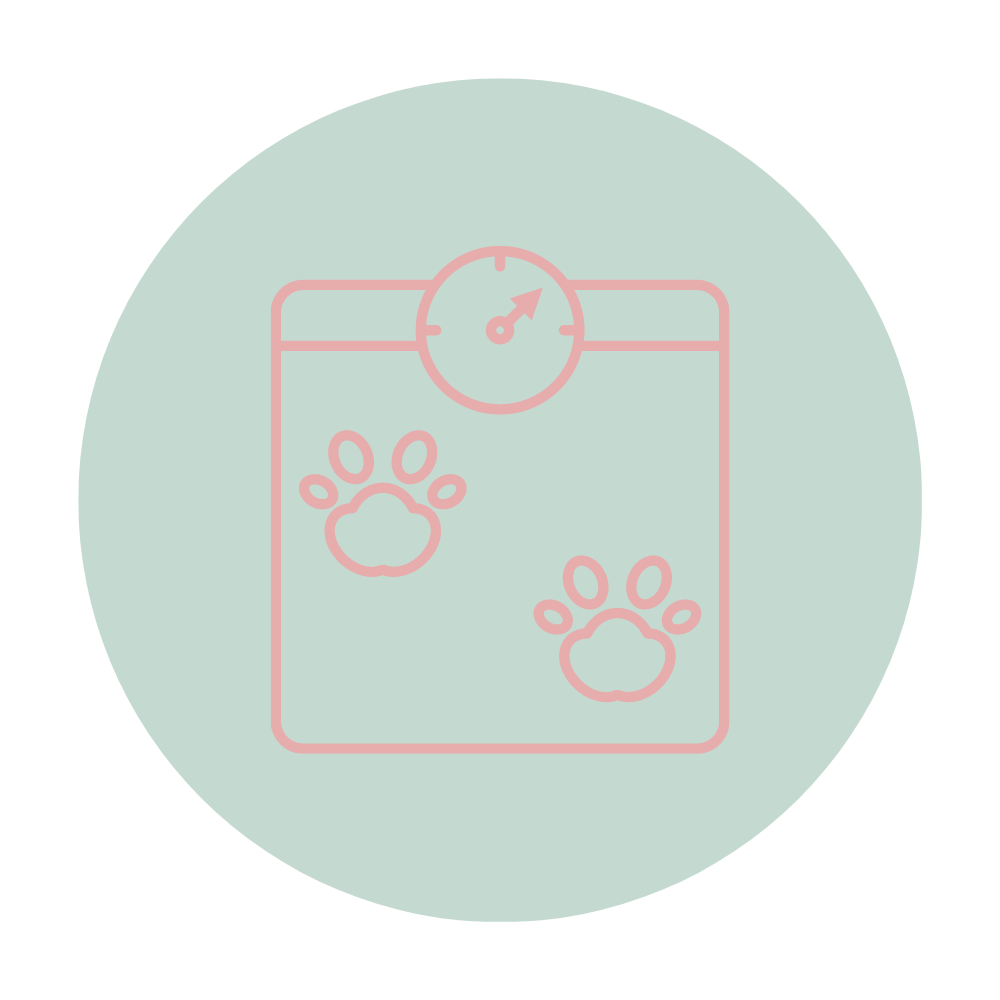Did you know dental disease is the most common condition seen in pets? 80% of dogs over 3 years old have dental disease!
At MHPH we are dental experts.
Just like us, our pets teeth need looking after too! The health of their teeth and gums can have a significant impact on their quality of life. Imagine having a sore tooth and never being able to tell anyone about it.
Dental disease begins when bacteria form an invisible layer on the teeth (called plaque) which isn’t removed naturally by the pet. With time this mineralises into tartar, this causes inflammation of the gums (gingivitis) and can spread into the roots and surrounding bone causing irreversible damage.
While dental disease causes localised pain and discomfort, it can also be associated with disease in other organs like the heart and kidneys. This is specifically important if your pet already has an underlying health condition.
Common symptoms we see include
· Yellow or brown tartar accumulation around the gum line and on the tooth
Red, inflamed gums
Bad breath
Changes in appetite or eating habits
Pawing or rubbing their face
Signs of pain
Bleeding from the gums
The first step is to organise a dental check with our team – in this consultation your pets teeth are examined and a dental grade determined. Based on this grade an individualised treatment plan will be created. Most animals benefit from a scale and polish procedure (same as what we get at the dentist) but, because they won’t sit still, this is done under a general anaesthetic. Once asleep, a full mouth examination is performed and each tooth assessed. Some teeth may need to be removed and often this cant be determined until your pet is asleep. We also have access to state-of-the-art dental x-rays – this allows us to ensure any pathology under the gums is able to be assessed and treated.
All pets undergoing dental procedures are placed on an intravenous fluid drip to help them maintain their blood pressure and smooth out the anaesthetic and recovery period. Pre-anaesthetic bloodwork is also performed to ensure their internal organs are healthy and can metabolise the medications used.
Once your pets teeth are back to being perfectly healthy, then it is time to develop a long-term preventative care plan. We can help personalise this for you and your pet. At home care can include
Daily tooth brushing – just like us!
Tooth friendly chews and toys
Dental prescription diets – like the Hills T/D range
Regular thorough care is essential to prevent further tartar development. Don’t stress though, we know that despite our best efforts sometimes it will continue to develop so routine scaling and polishing under anaesthetic can still be required.












